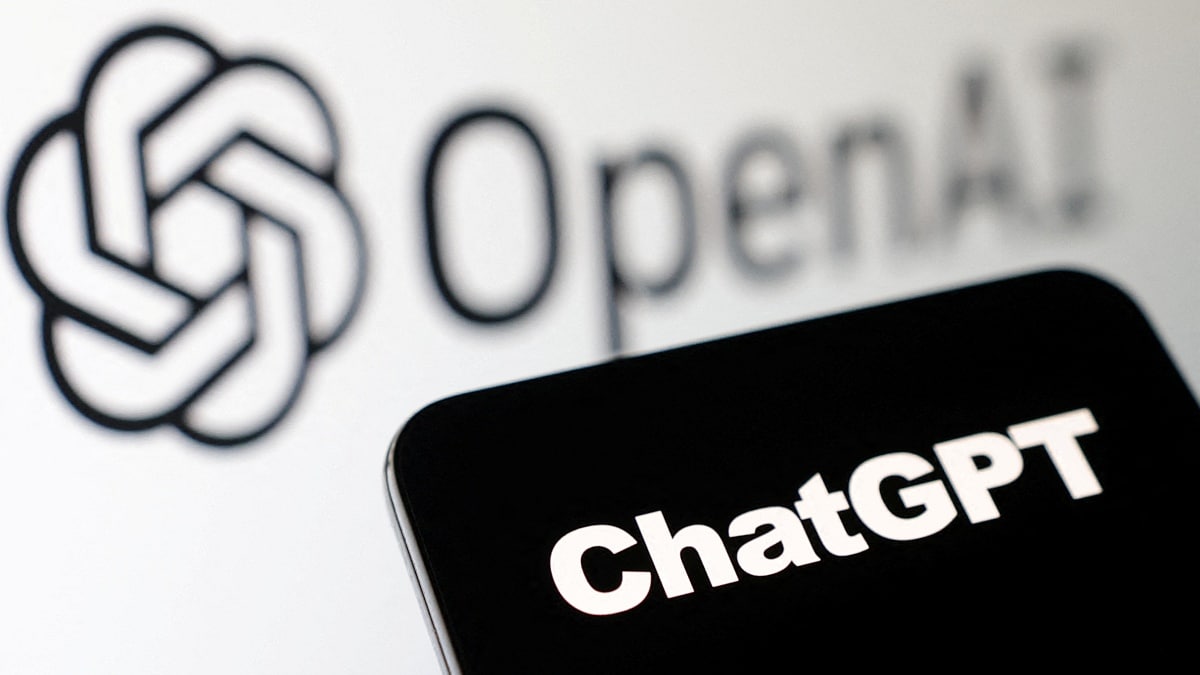Google on Tuesday unveiled its new family of artificial intelligence (AI) models focused on the medical domain. Called Med-Gemini, these AI models are not available to users, but the tech giant has released a pre-print version of its research paper highlighting its capabilities and methodologies. The company claims that AI models outperform GPT-4 models in benchmark tests. One of the notable features of this particular AI model is its long-context abilities that allow it to process and analyze health records and research documents.
The research paper is currently in preprint and is published on arXiv, an open access online repository of academic papers. Jeff Dean, Chief Scientist, Google DeepMind and Google Research, said in a publication at X (formerly known as Twitter), “I'm very excited about the possibilities of these models to help doctors provide better care, as well as to help patients better understand their medical conditions. AI for Healthcare will be, in my view, one of the most impactful application domains for AI.”
Med-Gemini is based on Gemini-1.0/1.5 and can be easily adapted to new medical modalities with custom encoders. We show the promise of Med-Gemini in accurate multimodal dialogue🗣️🖼️ with examples of high-quality conversations about radiology and dermatology imaging, noting that… pic.twitter.com/VSdU3fvijk
— Alan Karthkesalingam (@alan_karthi) April 30, 2024
Med-Gemini AI models build on Gemini 1.0 and Gemini 1.5 LLM. There are a total of four models: Med-Gemini-S 1.0, Med-Gemini-M 1.0, Med-Gemini-L 1.0 and Med-Gemini-M 1.5. All models are multimodal and can provide text, image and video outputs. The models also integrate with web search, which the company says has been enhanced through self-training to make the models “more accurate, reliable and nuanced” when displaying results for complex clinical reasoning tasks.
Additionally, the AI model is tuned to improve performance during long context processing, the company claims. Higher quality long context processing would mean that the chatbot can provide more accurate and precise answers even when the questions are not perfectly queried or when it has to process a long document of medical records.
According to data shared by Google, Med-Gemini AI models outperformed OpenAI's GPT-4 models on the GeneTuring dataset in text-based reasoning tasks. Med-Gemini-L 1.0 has also achieved 91.1 percent accuracy in MedQA (USMLE), even beating its own previous model Med-PaLM 2 by 4.5 percent. In particular, the AI model is not available publicly or in beta testing. The company will likely improve the model further before bringing it into the public domain.




